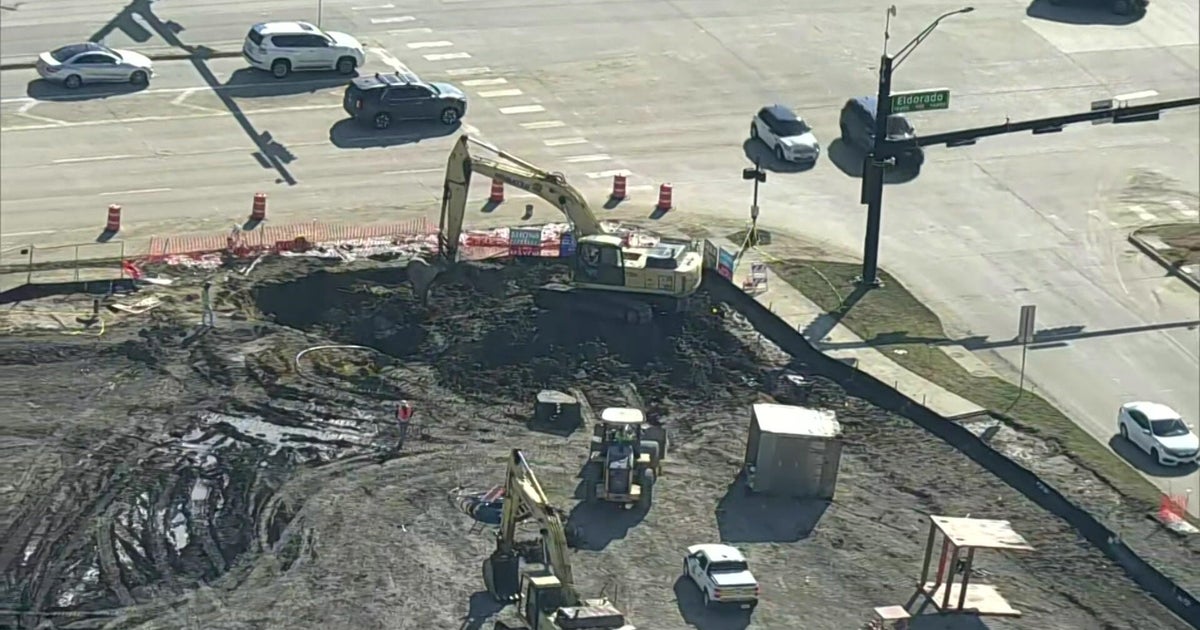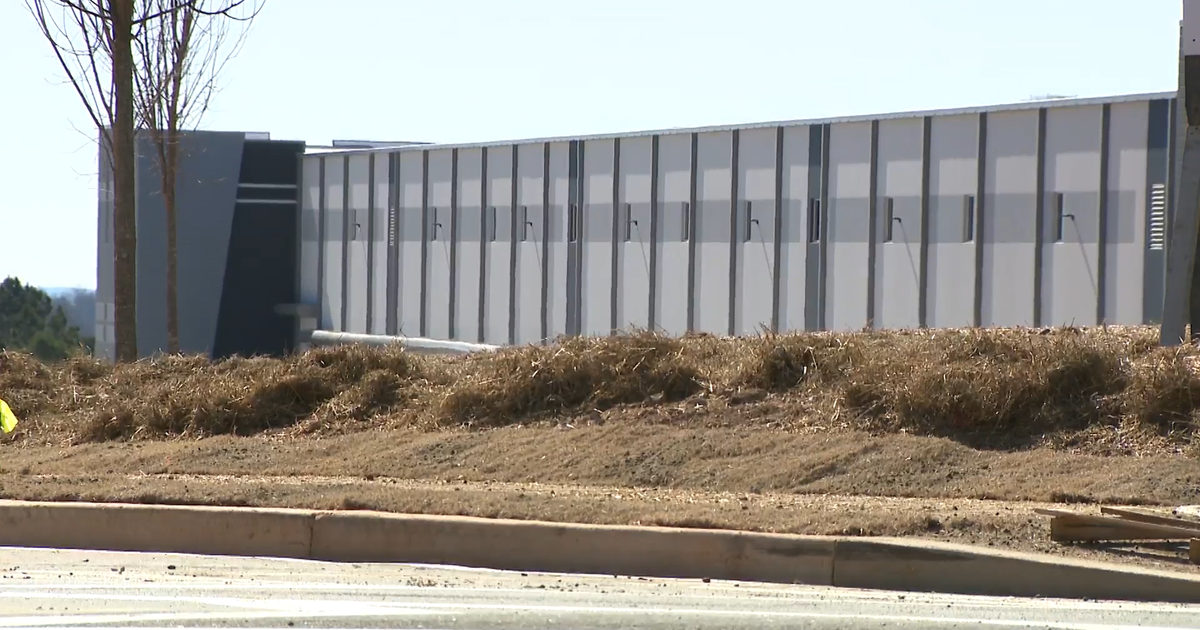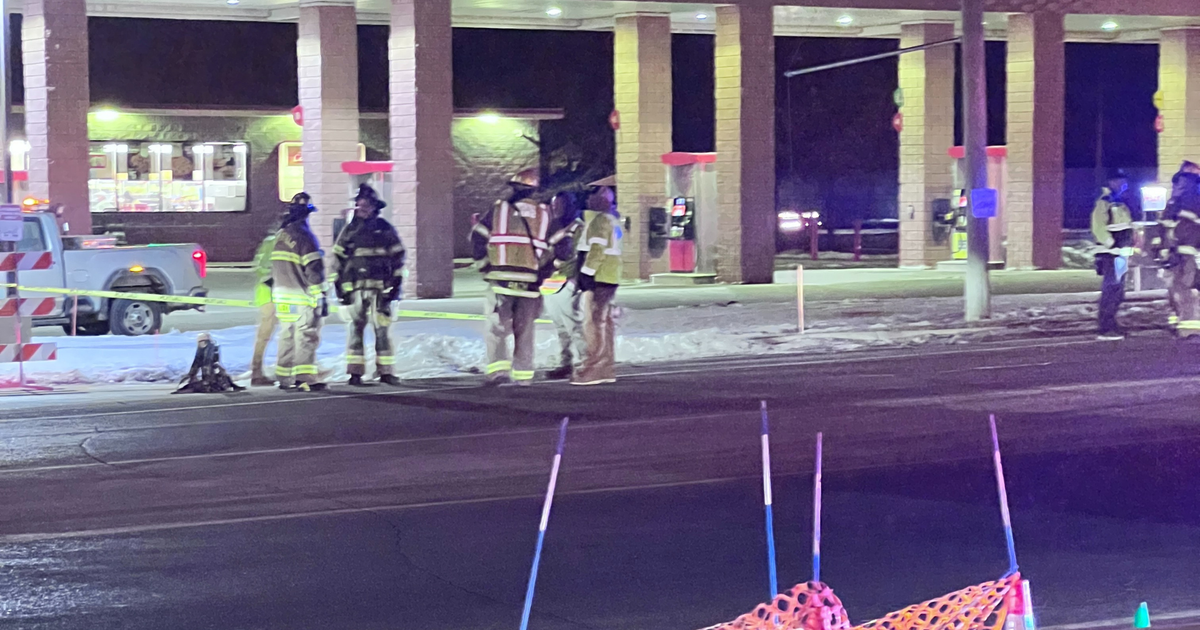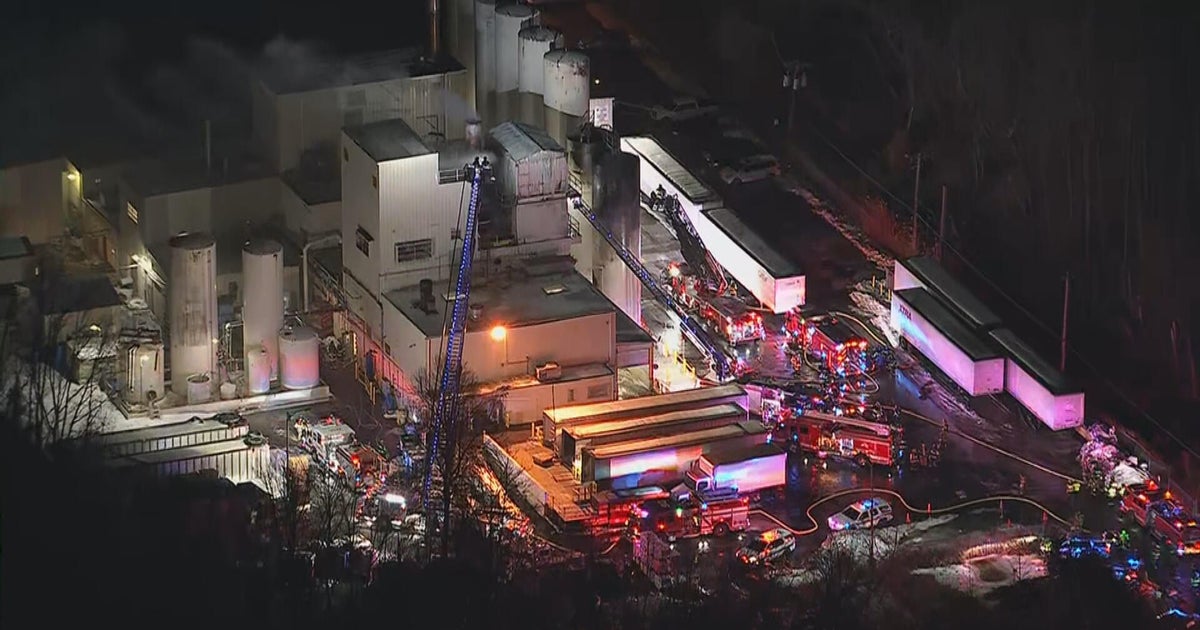After Japan Disaster, Senators Focus On Illinois Nuke Plant Safety
CHICAGO (CBS) -- In the wake of the nuclear troubles in Japan, Illinois' two U.S. senators said the key is to focus on common sense safety for nuclear facilities in the state.
As CBS 2's Susanna Song reports, Illinois has more nuclear sites than any other state. In fact, half of the electricity in the state is generated by nuclear power.
So it was important for both U.S. senators – Dick Durbin (D-Ill.) and Mark Kirk (R-Ill.) to quell any fears after the meltdown in Japan.
In the wake of the earthquake and tsunami last week, the nuclear power plants in Japan have been rocked by explosions, a fire, and dangerous radiation levels.
The crisis has now caught the attention of the United States and Illinois, because the same backup power for cooling systems that failed in Japan is used at U.S. plants.
Kirk said this is not a cause for alarm, but just the same, safety must be maintained.
"I don't think we need to have a knee-jerk reaction, because energy independence for the U.S. is critical," Kirk said. "But I think common sense view is to look at location of nuclear power plants along fault lines."
Kirk says it is important to realize the six reactors at the Fukushima Daiichi plant in Japan are all very close to the epicenter of the earthquake.
"This is the world's fifth largest earthquake, and then the tsunami on top of that, the initial look at the problem is the location of the reactors," Kirk said.
The closest fault lines here are in the southern parts of the state. The New Madrid fault runs across five states, including southern Illinois near Cairo. Also the Wabash Valley seismic zone runs along the southern Illinois and Indiana borders.
Five of the Illinois nuclear power plants are located in the northern part of the state in Joliet, Rockford, Moline, Ottawa and Morris. The sixth plant in Clinton is located in central Illinois--about 250 miles from the New Madrid fault.
Illinois Nuke Plants, Quake Faults
In a statement, Exelon, which operates nuclear plants in Illinois, said the damage in Japan appears to have been caused by the tsunami, not the earthquake alone.
"Our plants are safe, particularly given the different seismic patterns in our regions and the absence of tsunami-type events where we have operations," Exelon chairman John Rowe said. The plants are designed to protect them against quakes, Exelon said.
The Braidwood Generating Station in Will County is one of several nuclear power plants in Illinois, and over the weekend, some area residents said they were concerned about what could happen.
"That's always a possibility," Joe VanDuine told CBS 2's Mike Parker. "If it happens, it happens, you know. There's not really much we can do, except move."
Jerry Kiely of Braidwood admitted: "Actually, I think it's a little bit dangerous. I really do." But Kiely said he sleeps at night.
In total, Illinois has 11 nuclear reactors at the six nuclear power plants in the state. Durbin said safety lessons should be learned from the crisis in Japan.
"Half of the electricity in the state of Illinois comes from nuclear power, and has for a generation or two," Durbin said. "We need to expand safe forms of electricity, including nuclear."
Durbin continued "We're still challenged with notion of nuclear waste, on what to do with safe deposit and safe storage of that waste, and nuclear power is part of our future"
The nuclear industry says it is well-prepared for major disasters.







